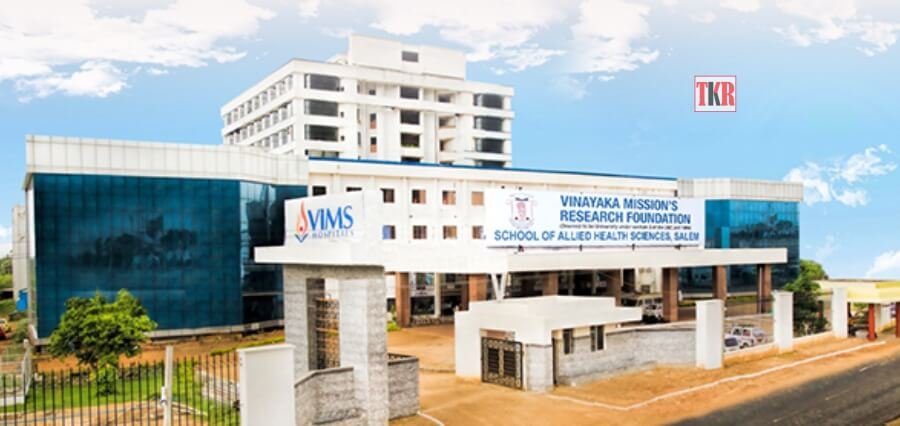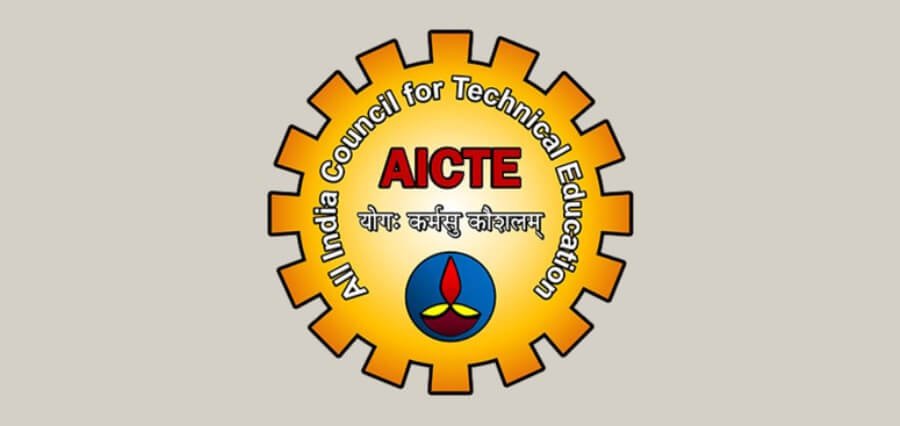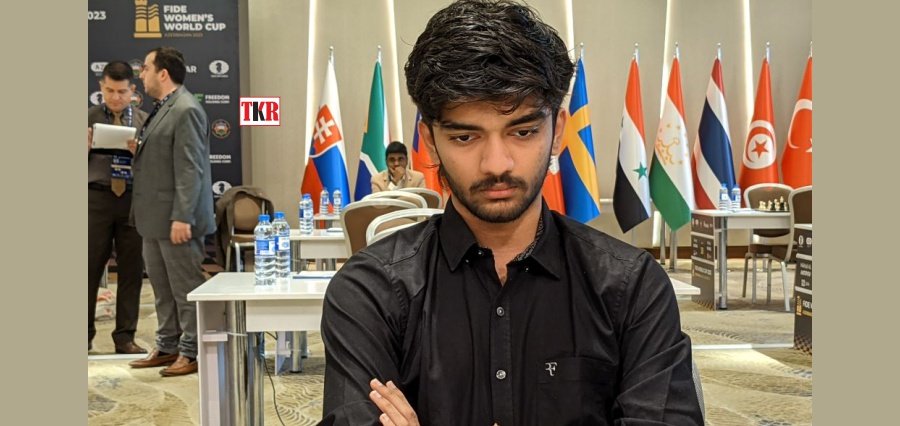There is a growing emphasis on improving the quality of education in rural areas. This involves recruiting and training qualified teachers, implementing better teaching methods, and revising the curriculum to make it more relevant to the needs of rural students. Today, efforts are being made to move away from rote learning and encourage critical thinking and practical skills in the students.
Educators are experimenting with innovative teaching methods that cater to the specific challenges of rural education. Activity-based learning, peer teaching, and experiential learning are being used to make lessons more engaging and relevant for students in rural areas.
School of Allied Health Sciences at Vinayaka Mission’s Research Foundation Deemed to be University has been serving the needs of students in rural areas for the last two decades. The institute aims to achieve excellence in education and make education a tool for social change for the betterment of society.
School of Allied Health Sciences, a unit of Vinayaka Mission’s Research Foundation Deemed to be University, started in the year 2004, which was a dream come true of its Founder, Chancellor Dr A. Shanmugasundaram, whose vision was to empower the youth from the rural background. Year after year, not only did the institute grow in student strength but also in terms of its quality and dynamicity.
What started with just two courses and 20 students in just one campus has now widened across four campuses in Salem, Chennai, Pondy, and Karaikal, with around 5000 students every academic year. It is stepping into its 20th successful year with 14 Undergraduate courses, 13 Post Graduate courses, and 3 Diploma courses.
Striving For Recognition
The vision of the School of Allied Health Sciences is to strive to become a highly recognized, state-of-the-art, self-sufficient professional comprised of exceptional faculty, staff, students, and alums who are recognized nationally and internationally for their leadership excellence in health care.
Its mission is to provide Allied Health Sciences students with the knowledge, skills, and behavior to achieve their academic, professional, and personal goals as competent healthcare practitioners and active, effective citizens in their respective communities. Special attention is given to the recruitment and graduation of rural school-leaving and destitute students with high academic potential. Students are prepared to assume leadership roles and provide health services to underserved and global communities.
Able Leadership to Pave Paths
The strong guidance and support of Honourable Dr A.S. Ganesan, Chancellor, and Dr Anuradha Ganesan, Director of VMRF-DU, has helped the institution to continually improve and be at the forefront all through these years.
Under the able and dynamic leadership of the Founder Principal and currently the Dean, Prof Dr B. Sendilkumar, the School of Allied Health Sciences is the first educational institution in the country to receive ISO 21001:2018 Certification by QCI-approved TUV-SUD for its commitment to offering quality education in the most professional manner and one that ensures enormous growth potential to the students.
It is also the very first institution in India to have received Workplace Assessment for Safety and Hygiene certification (WASH) from the Quality Council of India (QCI). This certification proves its concern for the safety of students and employees and also its preparedness to combat situations like COVID-19. The ISO 14001:2015 Certification for Environmental Management system also stands as proof of its concern and contributions towards environmental sustainability.
Catering to the Needs of the Society
There is a huge demand for qualified and skilled healthcare professionals across the globe. Hence, VMRF-DU focuses on creating professionals who would cater to the needs of society.
It provides high-class pre-clinical and clinical Laboratories, Research and development on a priority basis, exposure to high-profile professionals and peers, special expertise and high-end technology, and high-quality results, and this has led to the institution receiving 30 plus awards from various national and international conclaves. The curriculum, training, and competencies achieved by graduates in their respective fields through our institution have helped students reach an esteemed rank in their chosen fields.
When VMRF-DU started with the degree programs in Allied Health courses almost 20 years back, there was no support from any of the stakeholders since not many people understood the future demand for Allied Health Professionals and the institution being located in a suburban area, it had its fair share of challenges in getting admissions in the initial years, and till date, the major challenge is the workforce demand that it is unable to meet in some of its campuses.
It took steps to create awareness about the demand for Allied Health courses through Career Guidance programs at schools, and its continuous activities on awareness about health days and others have created a huge impact on the public.
The institute has received ‘Great Place to Work’ Certification and also WASH certification from QCI, proving itself to be one of the best workplaces; these achievements have helped in getting a better workforce too.
Pursuit of Rural Development
The college has been recognized under the Unnath Bharat Abhiyan scheme of Govt. of India and adopted five villages and welfare measures have been carried out throughout the year for the benefit of these villages and received the ‘District Sustainability Mentorship’ by ‘Mahatma Gandhi National Council of Rural Education’ (MGNCRE), Ministry of Education, Govt of India to promote sustainability in colleges and villages in Salem district.
It has instituted NSS, RRC, Youth Club, Fit India Club, and EVS club through which social welfare activities like health awareness programs, fitness campaigns, free health screening and free spectacle distribution, blood donation camps, tree plantation activities, engaging rural youths in environmental wellness and empowerment programs are organized.
Nearly 200 social service and awareness activities are being organized every year. It has done eye screening for 18,236 people, and around 6000 of them have been given free spectacles, and more than 10000 tree saplings have been planted by the EVS club.
SAHS actively participates in the monthly Swachhta Activities suggested by MGNCRE, Government of India. Certification from the Mahatma Gandhi National Council of Rural Education, GOI, has been received for showcasing sustainability in Greenery, Water and Energy conservation, Waste management, and Land Use management.
Enhancing Essential Skills
Industry-specific and Industry designed courses are offered by the college for different department students. For Example, Optometry students are offered industry-specific courses by organizations like Bausch and Lomb, which is a leading international contact lens company.
Another example is Siemens Healthiness which offers industry-specific courses for Radiography and Anaesthesia Technology students. These courses are certified by the industries offering them and play a significant role as they increase the value of their resume. Training sessions on soft skills are given as a certificate course that helps students improve their communication skills, personality development, critical thinking, problem-solving skills, etc. All these initiatives help them to make a mark globally.
Equipping Students to Go Rightful Places
The institute management states that any student graduating should understand that a mere degree will not fetch growth. One has to be prepared to unlearn, relearn and upskill themselves through their career. Skill development is the most important factor for success in any career.
The country is going through an accelerated pace of economic diversification and digital transformation across all sectors. It is clear that education must equip citizens to take their rightful place in this increasingly digitalized world. However, the Indian education system is increasingly constructed to produce.\
Individuals are oriented to excel in ever-transforming situations of global competition, either as workers, managers, or entrepreneurs. In India, international expertise is increasingly being positively connected with the potential for the migration of allied health professionals. The knowledge base of the profession is global in scope, and there is increasing cross-national transfer of technology, expertise, and services.
Health professionals are migrating to what is now effectively a global market for their talent, while patients are also traveling for treatment. There is a bright future for anyone who chooses to be an Allied Health professional.
Read More: Click Here





